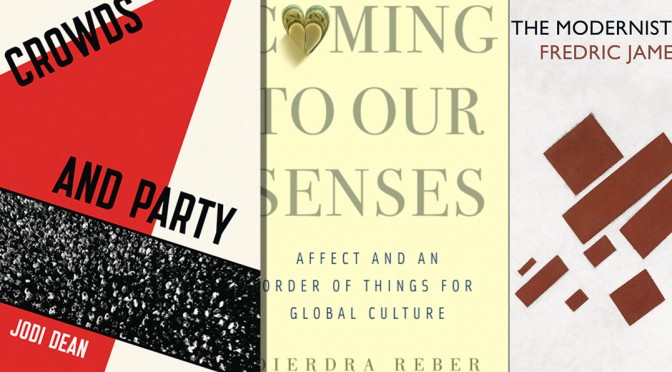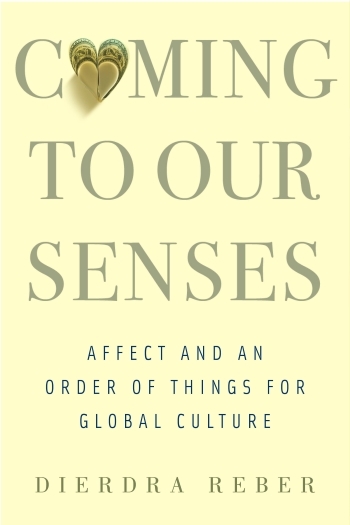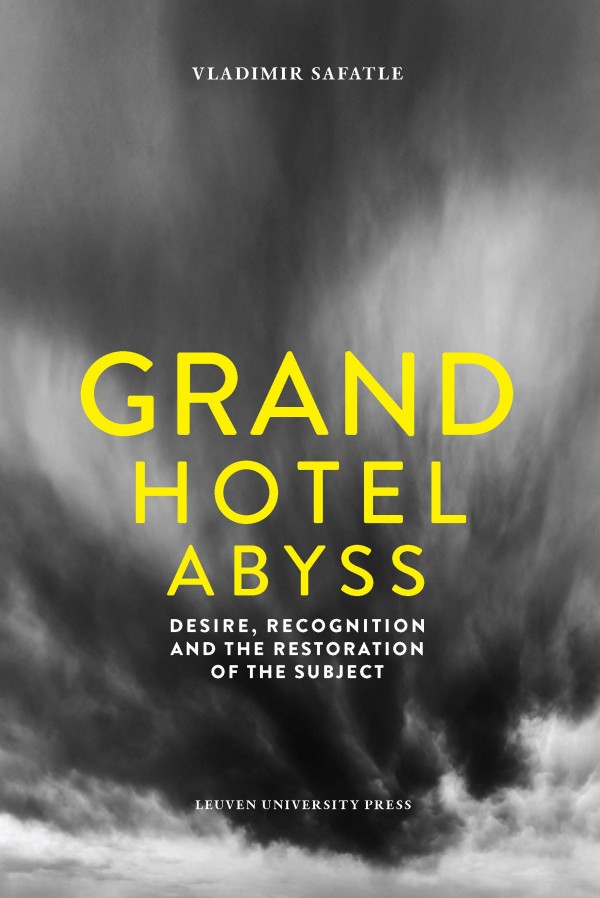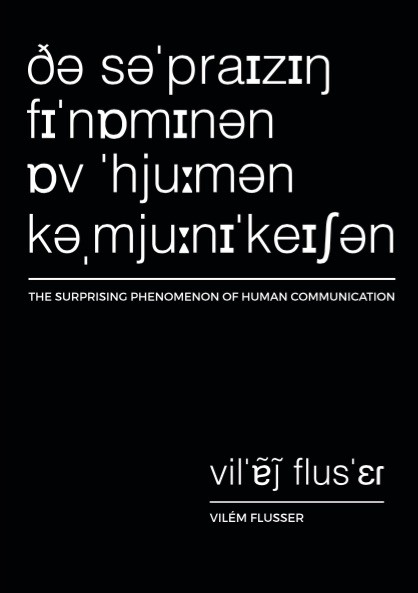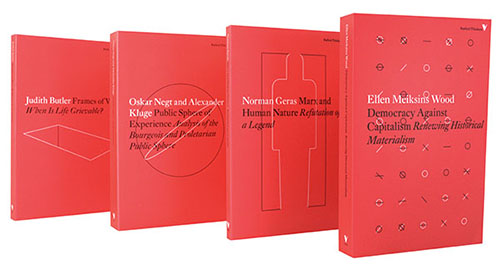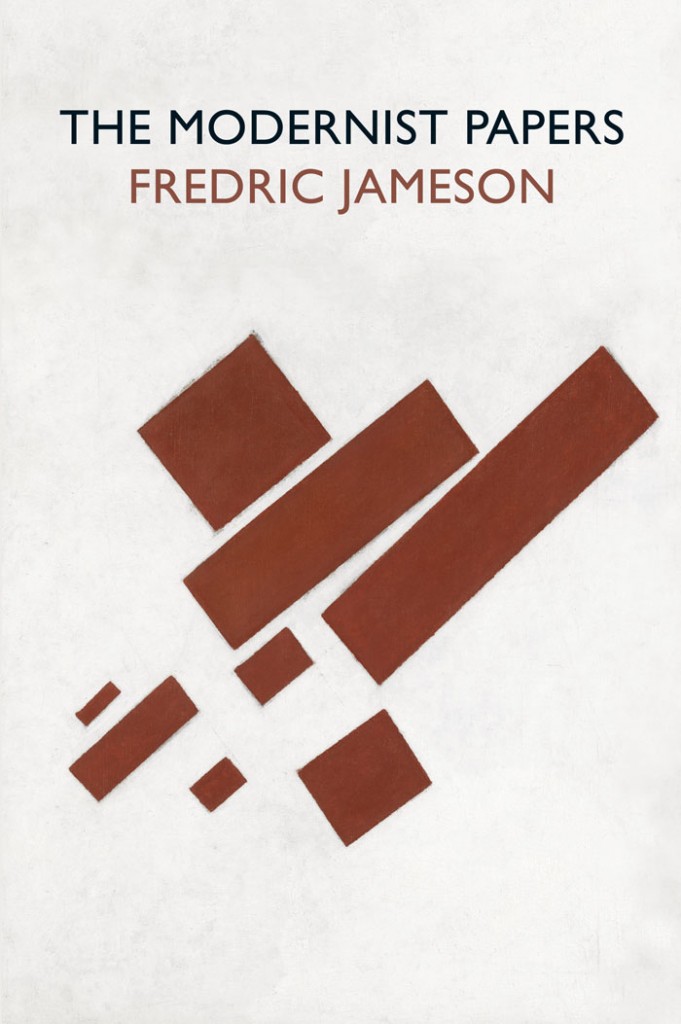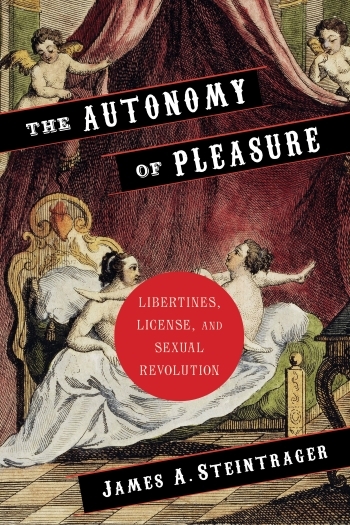Crowds and Party
By Jodi Dean
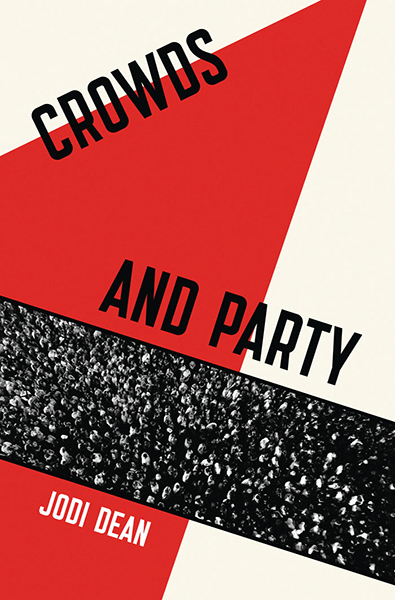
Crowds and Party channels the energies of the riotous crowds who took to the streets in the past five years into an argument for the political party. Rejecting the emphasis on individuals and multitudes, Jodi Dean argues that we need to rethink the collective subject of politics. When crowds appear in spaces unauthorized by capital and the state—such as in the Occupy movement in New York, London and across the world—they create a gap of possibility. But too many on the Left remain stuck in this beautiful moment of promise—they argue for more of the same, further fragmenting issues and identities, rehearsing the last thirty years of left-wing defeat. In Crowds and Party, Dean argues that previous discussions of the party have missed its affective dimensions, the way it operates as a knot of unconscious processes and binds people together. Dean shows how we can see the party as an organization that can reinvigorate political practice.
Buy it here.
Coming to Our Senses
Coming to Our Senses positions affect, or feeling, as our new cultural compass, ordering the parameters and possibilities of what can be known. From Facebook “likes” to Coca-Cola “loves,” from “emotional intelligence” in business to “emotional contagion” in social media, affect has displaced reason as the primary catalyst of global culture.
Through examples of feeling in the books, film, music, advertising, cultural criticism, and political discourse of the United States and Latin America, Reber shows how affect encourages the public to “reason” on the strength of sentiment alone. Well-being, represented by happiness and health, and ill-being, embodied by unhappiness and disease, form the two poles of our social judgment, whether in affirmation or critique. We must then reenvision contemporary politics as operating at the level of the feeling body, so we can better understand the physiological and epistemological conditions affirming our cultural status quo and contestatory strategies for emancipation.
Buy it here.
The Trouble with Pleasure
By Aaron Schuster
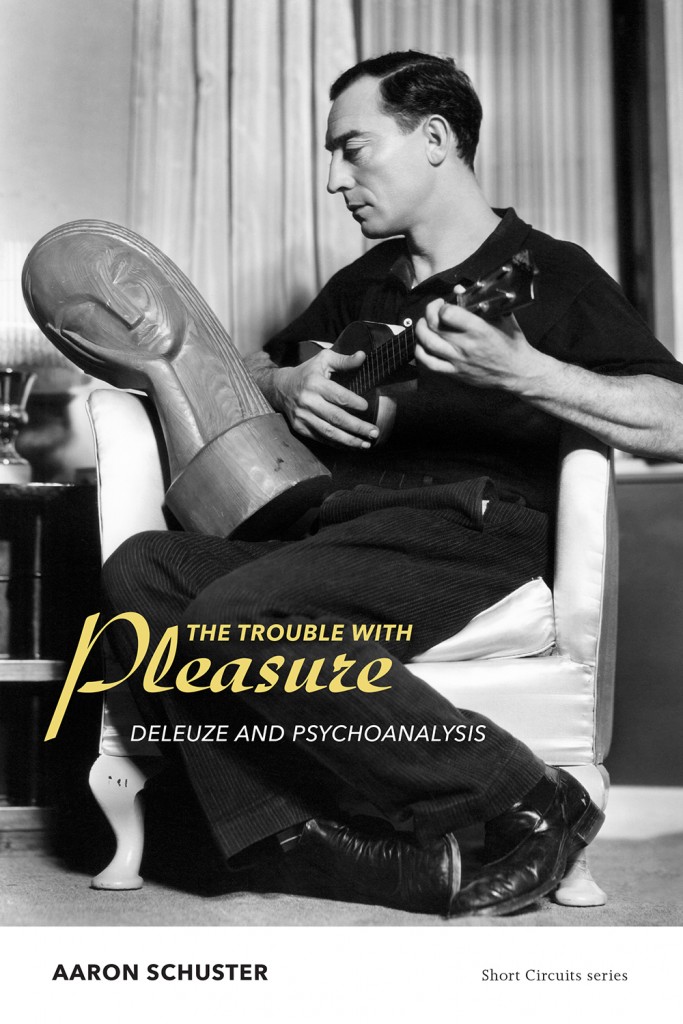 Is pleasure a rotten idea, mired in negativity and lack, which should be abandoned in favor of a new concept of desire? Or is desire itself fundamentally a matter of lack, absence, and loss? This is one of the crucial issues dividing the work of Gilles Deleuze and Jacques Lacan, two of the most formidable figures of postwar French thought. Though the encounter with psychoanalysis deeply marked Deleuze’s work, we are yet to have a critical account of the very different postures he adopted toward psychoanalysis, and especially Lacanian theory, throughout his career. In The Trouble with Pleasure, Aaron Schuster tackles this tangled relationship head on. The result is neither a Lacanian reading of Deleuze nor a Deleuzian reading of Lacan but rather a systematic and comparative analysis that identifies concerns common to both thinkers and their ultimately incompatible ways of addressing them. Schuster focuses on drive and desire—the strange, convoluted relationship of human beings to the forces that move them from within—“the trouble with pleasure.
Is pleasure a rotten idea, mired in negativity and lack, which should be abandoned in favor of a new concept of desire? Or is desire itself fundamentally a matter of lack, absence, and loss? This is one of the crucial issues dividing the work of Gilles Deleuze and Jacques Lacan, two of the most formidable figures of postwar French thought. Though the encounter with psychoanalysis deeply marked Deleuze’s work, we are yet to have a critical account of the very different postures he adopted toward psychoanalysis, and especially Lacanian theory, throughout his career. In The Trouble with Pleasure, Aaron Schuster tackles this tangled relationship head on. The result is neither a Lacanian reading of Deleuze nor a Deleuzian reading of Lacan but rather a systematic and comparative analysis that identifies concerns common to both thinkers and their ultimately incompatible ways of addressing them. Schuster focuses on drive and desire—the strange, convoluted relationship of human beings to the forces that move them from within—“the trouble with pleasure.
Buy it here.
Grand Hotel Abyss
By Vladimir Safatle
The Surprising Phenomenon of Human Communication
Originally written in both English and French, The Surprising Phenomenon of Human Communicationis a series of twelve essays that Vilém Flusser delivered as lectures in Aix-en-Provence, France, on several subjects ranging from communication media, memory, symbols, meaning, models, art, cybernetics, the Bible, and Brigitte Bardot.
Although written in 1975, this early phenomenological study of changing aesthetic, ethical, and epistemological models, and of the current fundamental revolution in the structure of human communication, is a visionary and provocative polemic that can help us understand, or at least, gain a better view of what is happening in the world around us today: big data, centralised media power, mass media conglomerates, political aesthetics etc.
Unpublished for almost forty years, The Surprising Phenomenon of Human Communication, now published for the first time, edited from Vilém Flusser’s original English typescript, is not only an important work from the author’s mid career, just before the development of his seminal theories on technical images and technical imagination, but it also forms a continuous link with his other titles of the same period: Natural:Mind, Gestures, Mutation in Human Relations, Post-History, Vampyroteuthis infernalis, and Towards a Philosophy of Photography.
Buy it here.
Verso Radical Thinkers Set 12
Verso’s latest radical thinkers set compiles great books by Ellen Meiksins Wood, Judith Butler and more.
Buy them here.
The Modernist Papers
Fredric Jameson
Cultural critic Fredric Jameson, renowned for his incisive studies of the passage of modernism to postmodernism, returns to the movement that dramatically broke with all tradition in search of progress for the first time since his acclaimed A Singular Modernity.
The Modernist Papers is a tour de force of analysis and criticism, in which Jameson brings his dynamic and acute thought to bear on the modernist literature of the nineteenth and twentieth centuries. Jameson discusses modernist poetics, including intensive discussions of the work of Baudelaire, Rimbaud, Mallarmé, Wallace Stevens, Joyce, Proust, and Thomas Mann. He explores the peculiarities of the American literary field, taking in William Carlos Williams and the American epic, and examines the language theories of Gertrude Stein. Refusing to see modernism as simply a Western phenomenon, he also pays close attention to its Japanese expression, while the complexities of a late modernist representation of twentieth-century politics are articulated in a concluding section on Peter Weiss’s novel The Aesthetics of Resistance.
Challenging our previous understandings of the literature of this period, this monumental work will come to be regarded as the classic study of modernism.
Buy it here.
The Autonomy of Pleasure
By James A. Steintrager
What would happen if pleasure were made the organizing principle for social relations and sexual pleasure ruled over all? Radical French libertines experimented clandestinely with this idea during the Enlightenment. In explicit novels, dialogues, poems, and engravings, they wrenched pleasure free from religion and morality, from politics, aesthetics, anatomy, and finally reason itself, and imagined how such a world would be desirable, legitimate, rapturous—and potentially horrific.
Laying out the logic and willful illogic of radical libertinage, this book ties the Enlightenment engagement with sexual license to the expansion of print, empiricism, the revival of skepticism, the fashionable arts and lifestyles of the Ancien Régime, and the rise and decline of absolutism. It examines the consequences of imagining sexual pleasure as sovereign power and a law unto itself across a range of topics, including sodomy, the science of sexual difference, political philosophy, aesthetics, and race. It also analyzes the roots of radical claims for pleasure in earlier licentious satire and their echoes in appeals for sexual liberation in the 1960s and beyond.
Buy it here.
Kropotkin
By Ruth Kinna
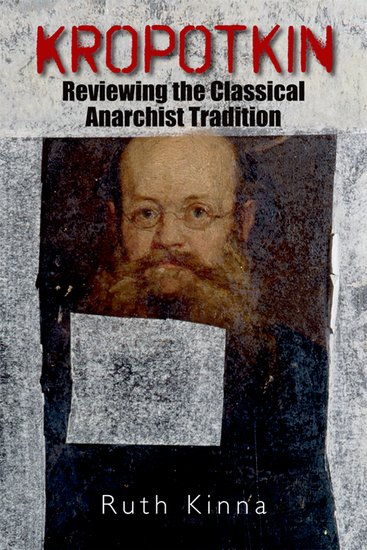 This sympathetic critical analysis corrects some popular myths about Kropotkin’s thought, highlights the important and unique contribution he made to the history of socialist ideas and sheds new light on the nature of anarchist ideology
This sympathetic critical analysis corrects some popular myths about Kropotkin’s thought, highlights the important and unique contribution he made to the history of socialist ideas and sheds new light on the nature of anarchist ideology
Buy it here.
Deleuze and Guattari’s What is Philosophy
By Jeffrey A. Bell
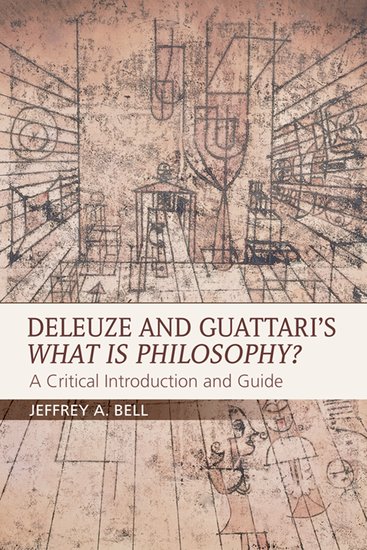
In their final collaborative work, Deleuze and Guattari set out to address the question, ‘what is philosophy?’ Their answer is simple enough: philosophy ‘is the art of forming, inventing and fabricating concepts’. In this book, Jeffrey A. Bell explores what that involves.
Crucial to Deleuze and Guattari’s understanding of this task, Bell argues, is the assumption that philosophy is integral to a life well lived. Bell shows that a concept of learning is created through the course of the text, composed of three inseparable components: philosophy, science and art. Ultimately, What is Philosophy? can be understood as a meditation on a life well lived, with this concept of learning at its core.
Buy it here.

